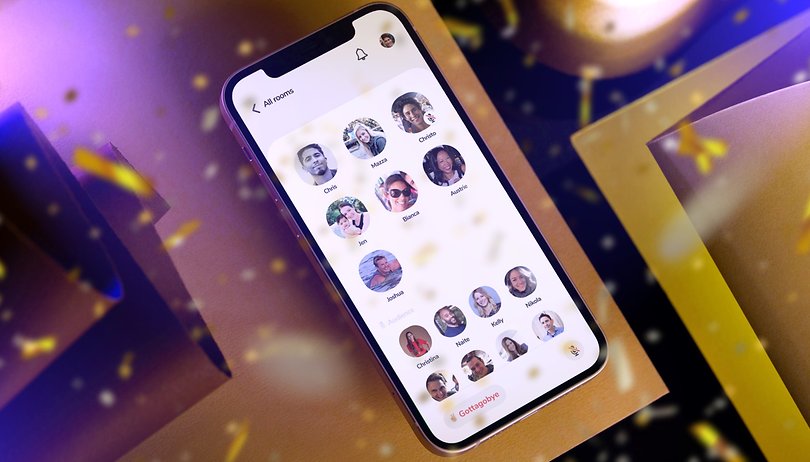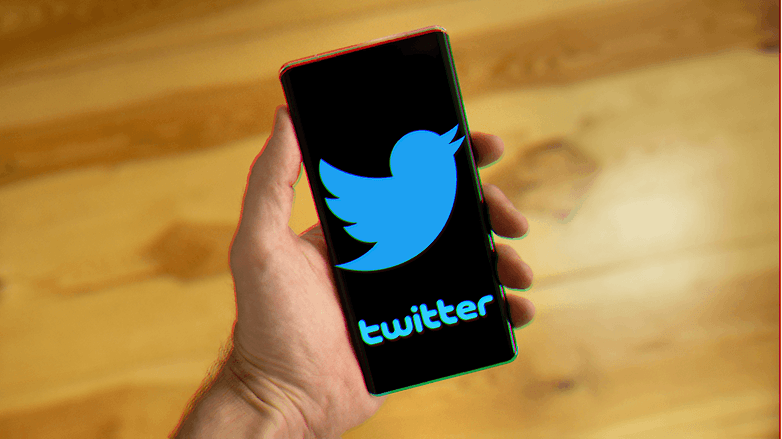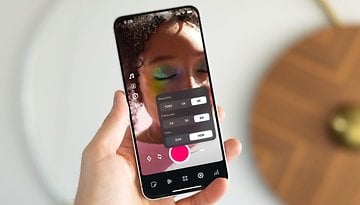Clubhouse: Facebook and Twitter work on copycats


Read in other languages:
The unprecedented success of Clubhouse seems to have led to alarm bells ringing at rival social media platforms. As I type this, we are hearing reports about both Facebook and Twitter working on similar features. In fact, Twitter has already introduced something similar called "Spaces".
- According to NYT, Facebook is working on its own audio chat feature
- A few days ago, Mark Zuckerberg himself spoke at Clubhouse
- Twitter is also working on its own audio tool with "Spaces"
If you can establish a new platform on the Internet that immediately inspires a lot of people, you can be sure that Facebook will quickly come around the corner and either buy - or copy - your platform. That's what Clubhouse must be finding out now, because just five days after Mark Zuckerberg himself spoke on the audio platform (on the topic of AR and VR), The New York Times was able to speak with sources at Facebook who report that the blue giant is working on an audio chat feature similar to Clubhouse.
Facebook's Clubhouse clone is still in its very early stages
Clubhouse has been around for about a year, although the audio chat app only really took off in Germany a few weeks ago. Facebook's efforts to develop something equivalent are also still very young, according to the sources, who of course do not want to be named. The sources didn't reveal whether Mark Zuckerberg's appearance at Clubhouse spurred this development, or whether they've been working on it for a while, Facebook's Clubhouse copycat is said to be at a very early stage in any case.

Twitter also wants to get involved in the audio game
Twitter is also working - already since last fall - on a Clubhouse equivalent, which is to be called "Spaces" and is also an audio platform that is to be integrated as a feature in Twitter. So now that Twitter no longer has to deal with Trump, it's once again focusing on implementing new features. "Spaces" is reportedly already being tested, which means that Twitter is a bit ahead of Facebook in this case.
Both - Twitter and even more so Facebook - know their way around the copycat business. Just recently, Twitter introduced Fleets, a Stories feature that Snapchat first offered and which pretty much every platform has now copied. Facebook itself is the uncrowned king when it comes to copying successful formats or buying them outright.
Again, Stories is a good example, which they replicated for Facebook, Instagram and WhatsApp, but the story basically starts much earlier with the acquisition of FriendFeed in 2009, when they bought technology and staff to create the News Feed. Later, competitors like Instagram and WhatsApp were swallowed up and other features (Stories, Rooms, Reels) were simply replicated.
Author's Opinion
That Facebook is trying to emulate Clubhouse probably doesn't really surprise anyone. But let's not forget that Facebook has often been wrong in this regard and copied functions that were then not really accepted by users and then buried again. So if Facebook now sets out to establish its own audio chat, I'm personally far from certain that they will actually roll out this feature or be successful with it.
But at the same time, of course, Mark Zuckerberg has a great opportunity to reach a great many users. While Clubhouse is so far exclusively available for iOS, a fast competitor could score by making such an audio feature widely available.
Be that as it may, I still think Clubhouse is a platform that is currently being talked up bigger than it actually is and is currently experiencing hype that won't last forever. But it remains to be seen whether the interest in Clubhouse will decrease in general, or whether Twitter and Facebook will ensure that users will eventually prefer to use an identical feature there.
What do you think about it? Can you understand the hype around Clubhouse and would you use such an audio chat on Twitter or Facebook?












